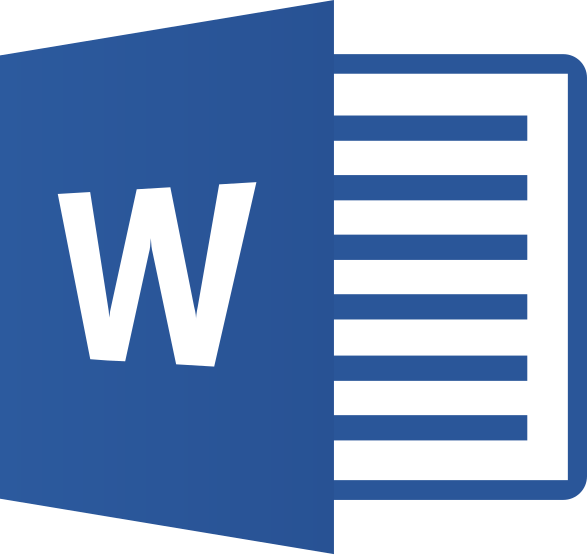IMPLEMENTASI KURIKULUM 2013 PADA MATA PELAJARAN PENDIDIKAN AGAMA ISLAM DI SD MUHAMMADIYAH TERPADU PONOROGO
DOI:
https://doi.org/10.24269/ijpi.v1i2.167Abstract
Curriculum plays a very important role in realizing the generation of  reliable, creative, Innovative and personal responsibility. Therefore, the curriculum must always be prepared and perfected in accordance with the times. Associated with changes in the curriculum, the various parties to analyze and see the need for a competency-based curriculum implemented at once a character-based (competency and character-based curriculum), which can provide students with a wide range of attitudes and capabilities in accordance with the demands of the times and the demands of technology. Character and competency based curriculum is expected to solve the problems of the nation, especially in the field of pedidikan to prepare learners through planning, implementation and evaluation of the education system in an effective, efficient and useful. Curriculum change from time to time regarding structural change and conceptual change and now we are also introduced to the new curriculum is the curriculum applied by the government in 2013 and was passed by Parliament. According to Muhammad Nuh curriculum 2013 is designed as an effort to prepare the next generation of Indonesia in 2045 is exactly 100 years of Indonesian independence, while utilizing the productive age population numbers are very abundant in order to become a demographic bonus and not a demographic disaster. Character education in the curriculum in 2013 aimed at improving the quality of the process and outcomes of education that leads to the formation of character and noble character of learners as a whole, integrated, and balanced in accordance with competency standards in each educational unit. Through the implementation of competency-based curriculum in 2013 at the same time with a character-based thematic and contextual approach is expected that learners are able to independently increase and using the knowledge, study and internalize and personalize the character values and noble character so manifest in everyday behavior.
References
Arifin, Zaenal. 2011. Konsep dan Model Pengembangan Kurikulum, Bandung:PT. Remaja Rosdakarya.
Indratno, Fery. (Ed.). 2013. Menyambut Kurikulum 2013, Jakarta: PT Kompas Media Nusantara.
Mulyasa. H.E. 2013.Pengembangan Implementasi Kurikulum 2013.Bandung : PT. Remadja Rosdakarya.
Muzamiroh, Mida L.Kupas Tuntas Kurikulum 2013 Kelebihan dan Kekurangan Kurikulum 2013,(Kata Pena,2013)
Slameto. Proses Belajar Mengajar dalam Sistem Kredit Semester. Jakarta: Bumi Aksara
Tim Kualita Pendidikan Indonesia.2013.Modul Pelatihan Pendekatan Saintifik dan Penilaian Kurikulum 2013. Surabaya: Kualita Pendidikan Indonesia.
Tim Kualita Pendidikan Indonesia. 2013. Modul Pelatihan Pembelajaran Tematik Kurikulum 2013, Surabaya: Kualita Pendidikan Indonesia.
Downloads
Published
Issue
Section
License
Authors who publish with Istawa agree to the following terms:
Authors retain copyright and grant the ISTAWA: Jurnal Pendidikan Islam right of first publication with the work simultaneously licensed under a Creative Commons Attribution-ShareAlike 4.0 International License (CC BY-SA 4.0) that allows others to share (copy and redistribute the material in any medium or format) and adapt (remix, transform, and build upon the material) the work for any purpose, even commercially with an acknowledgement of the work's authorship and initial publication in ISTAWA: Jurnal Pendidikan Islam.
Authors are able to enter into separate, additional contractual arrangements for the non-exclusive distribution of the journal's published version of the work (e.g., post it to an institutional repository or publish it in a book), with an acknowledgement of its initial publication in ISTAWA: Jurnal Pendidikan Islam.
Authors are permitted and encouraged to post their work online (e.g., in institutional repositories or on their website) prior to and during the submission process, as it can lead to productive exchanges, as well as earlier and greater citation of published work (See The Effect of Open Access).
This work is licensed under a Creative Commons Attribution-ShareAlike 4.0 International License.







